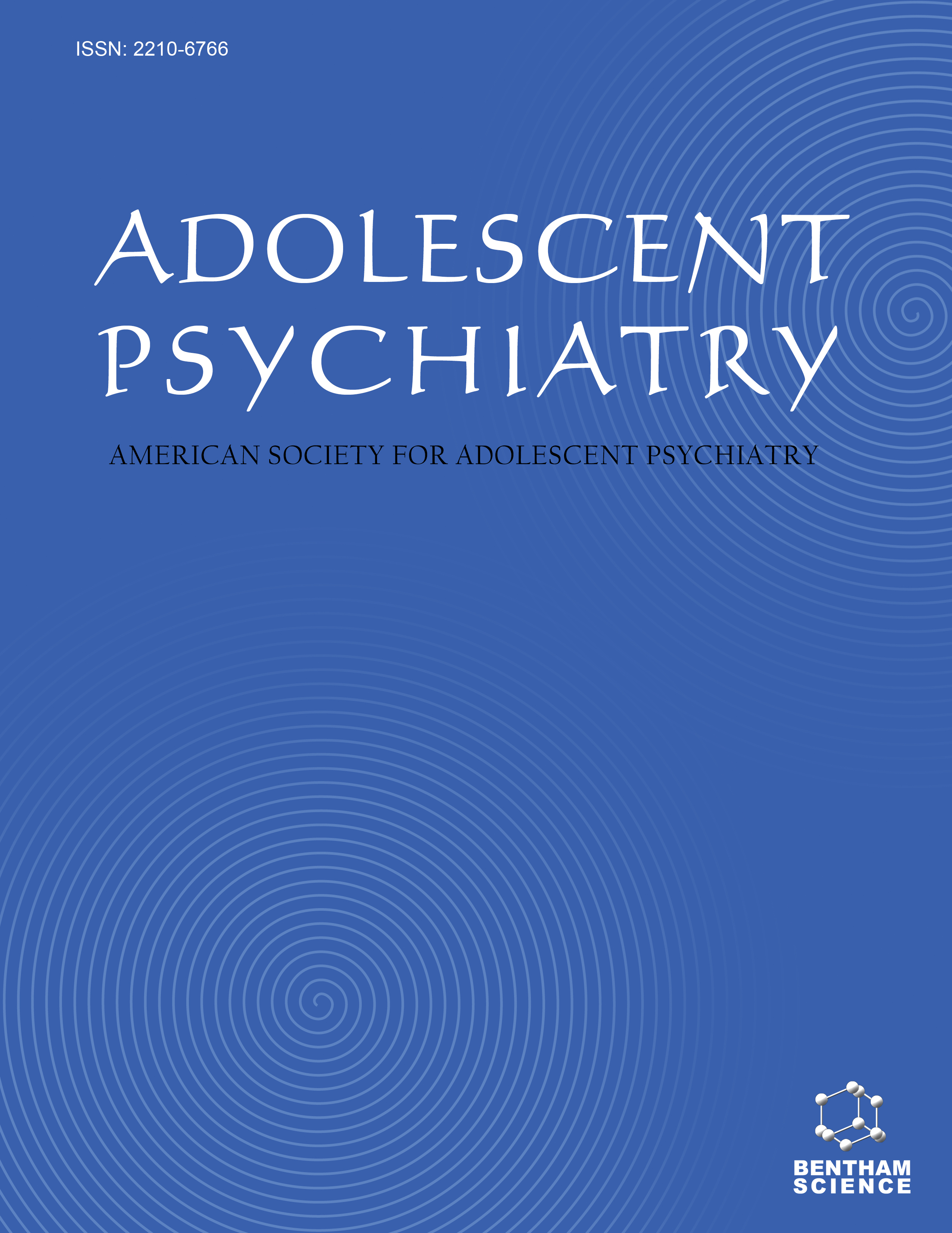-
s Assessing Personality Disorders in Adolescence: A Validation Study of the IPOP-A
- Source: Adolescent Psychiatry, Volume 9, Issue 3, Dec 2019, p. 194 - 205
-
- 01 Dec 2019
Abstract
Background: The need to develop clinical and empirically-based tools for assessing personality development in adolescence led to the proposal of the IPOP-A (Ammaniti, Fontana, Kernberg, Clarkin, & Clarkin, 2011), a semi-structured interview for adolescents that aims to differentiate personality organization processes from characteristics that may reflect a personality disorder. Objective and Methods: This research aimed to evaluate the adaptation of the IPOP-A to the Portuguese population, attending to its diagnostic properties and its discriminant validity by comparing a clinical group with a nonclinical one. A total sample of 44 adolescents from 13 to 18 years old has taken part in this study, 22 of whom had a previous personality disorder diagnosis. The content of the interviews was transcribed and codified according to the coding manual. Results: Acceptable internal consistency values across the dimensions of the IPOP-A are found and statistically significant differences are revealed between the clinical group and nonclinical group, with the clinical group revealing values that suggest higher impairment in the dimensions of the personality functioning in comparison with the nonclinical one. Conclusion: Our study supports that the Portuguese version of the IPOP-A can be considered a valid instrument to identify adolescents with a personality disorder.


